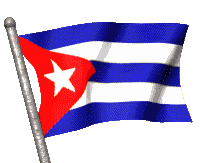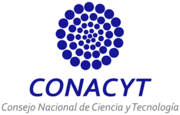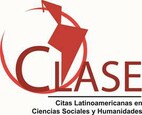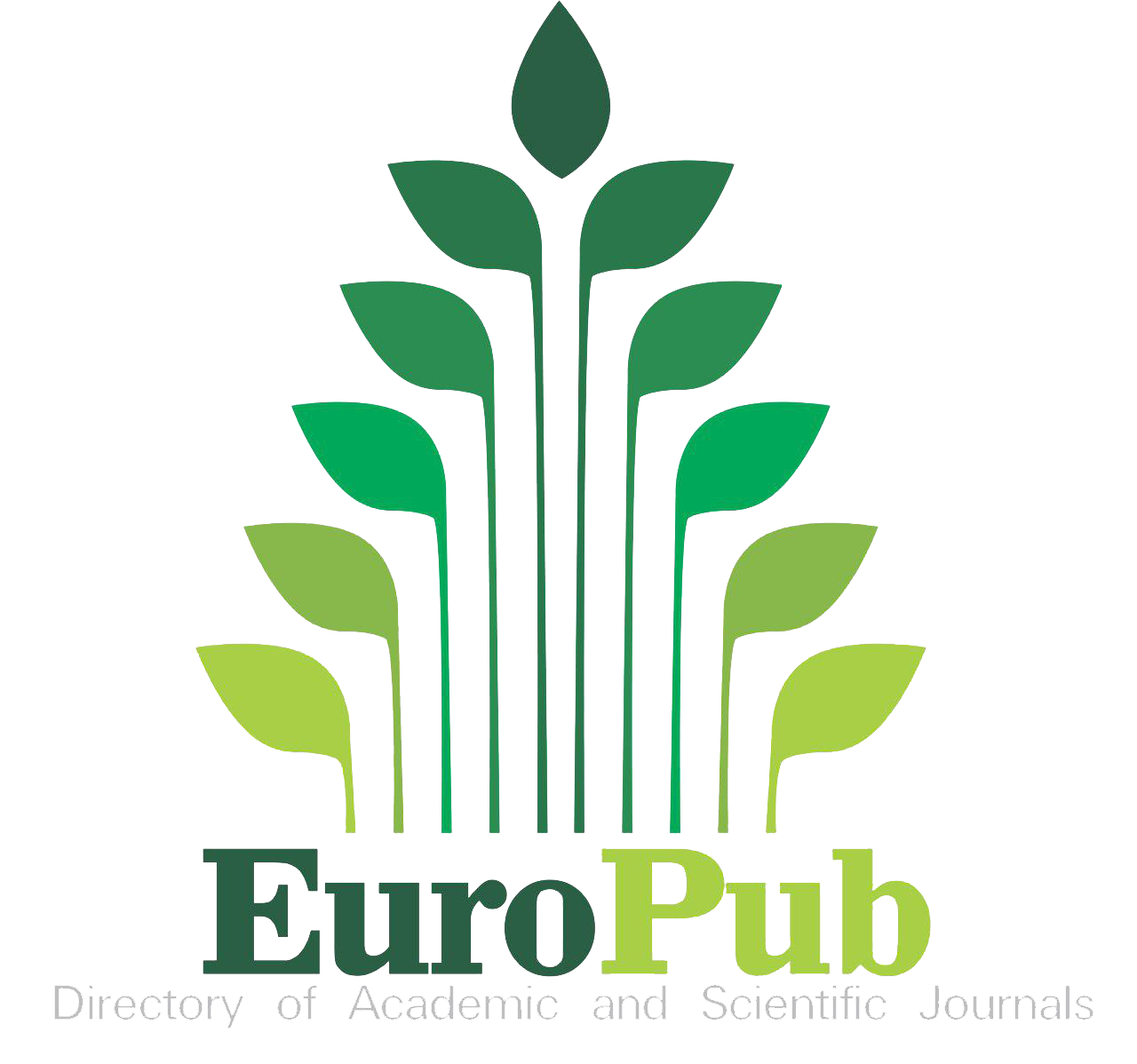Legal grounds for the inclusion of the crime of phishing in the Ecuadorian criminal code
Abstract
This study performs a theoretical analysis of phishing, a computer crime since 1996 that involves sending fraudulent e-mails to obtain personal information in a deceptive manner. Despite its growing prevalence, phishing is not specifically typified in Ecuador's Organic Integral Criminal Code, which limits its effective prosecution. The research, based on a qualitative approach with analytical-synthetic and inductive-deductive methods, employs documentary analysis and interviews to argue the need to typify this crime in Ecuadorian legislation. The findings highlight that the lack of an adequate typification of phishing violates constitutional rights and its inclusion in the legislation would allow a more effective legal protection against this emerging threat in the digital environment




































1.png)







1.png)







